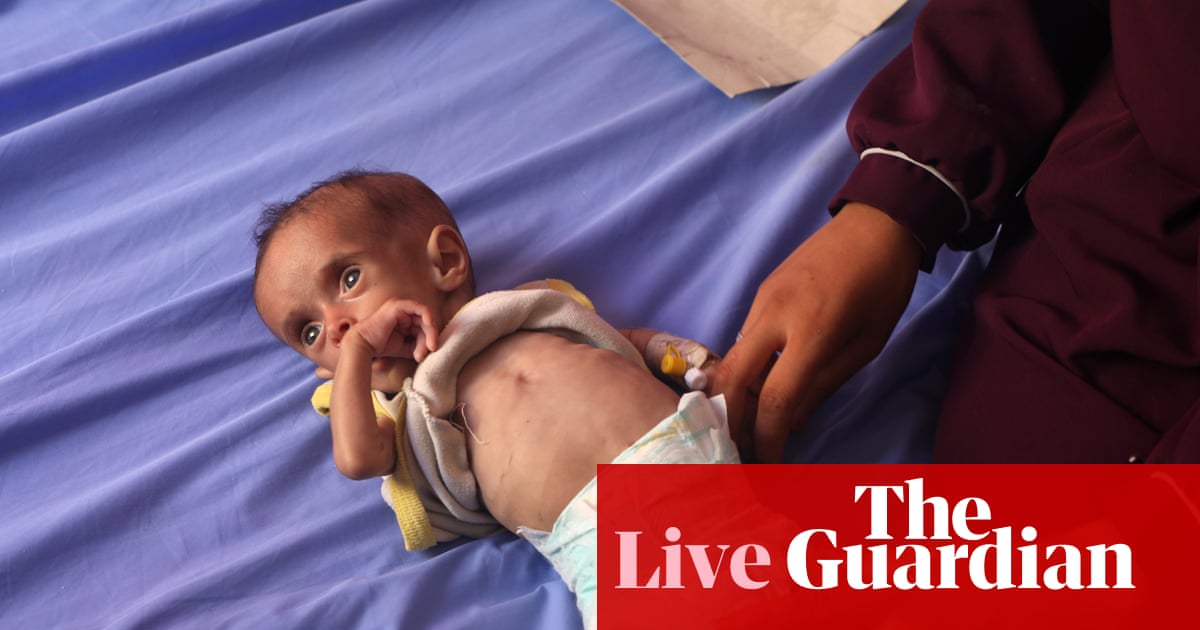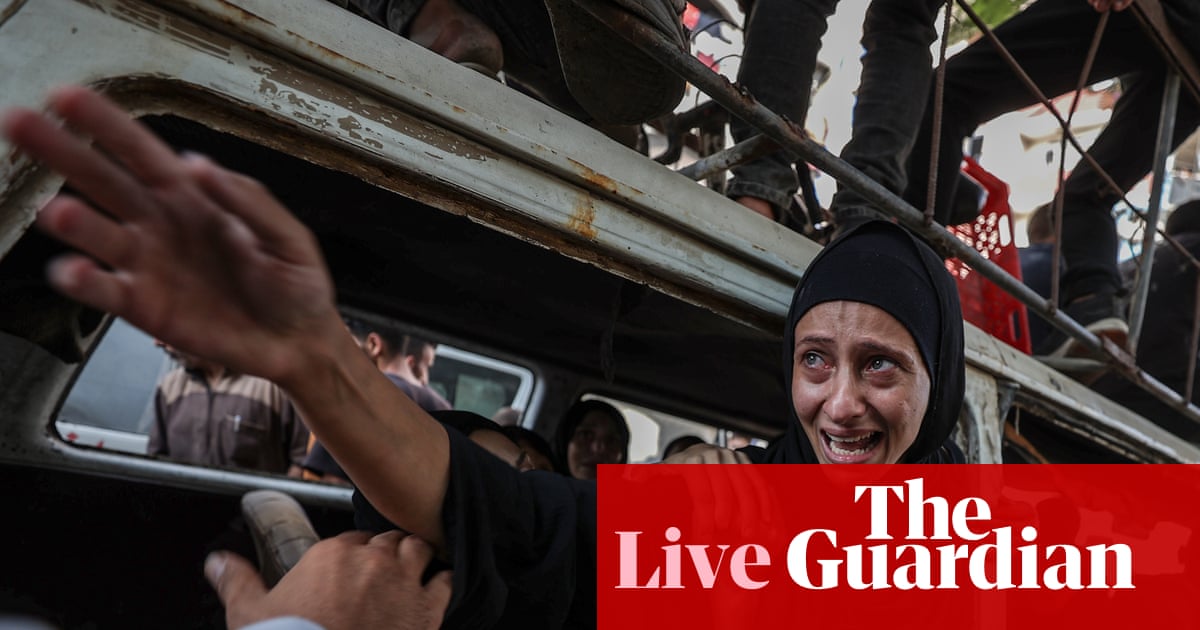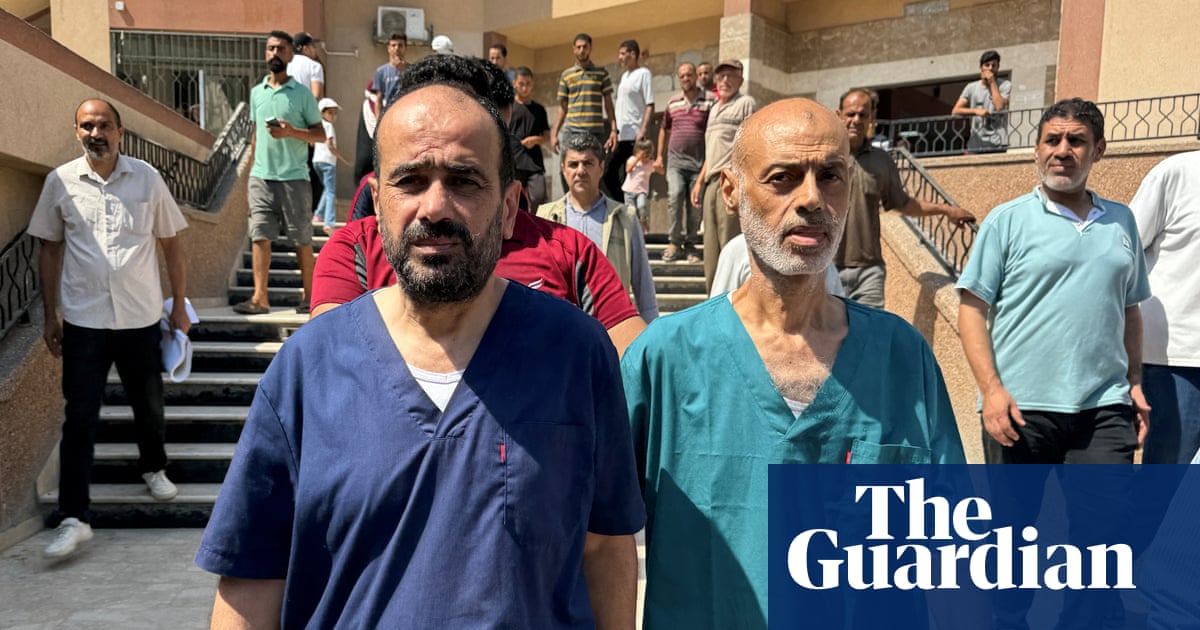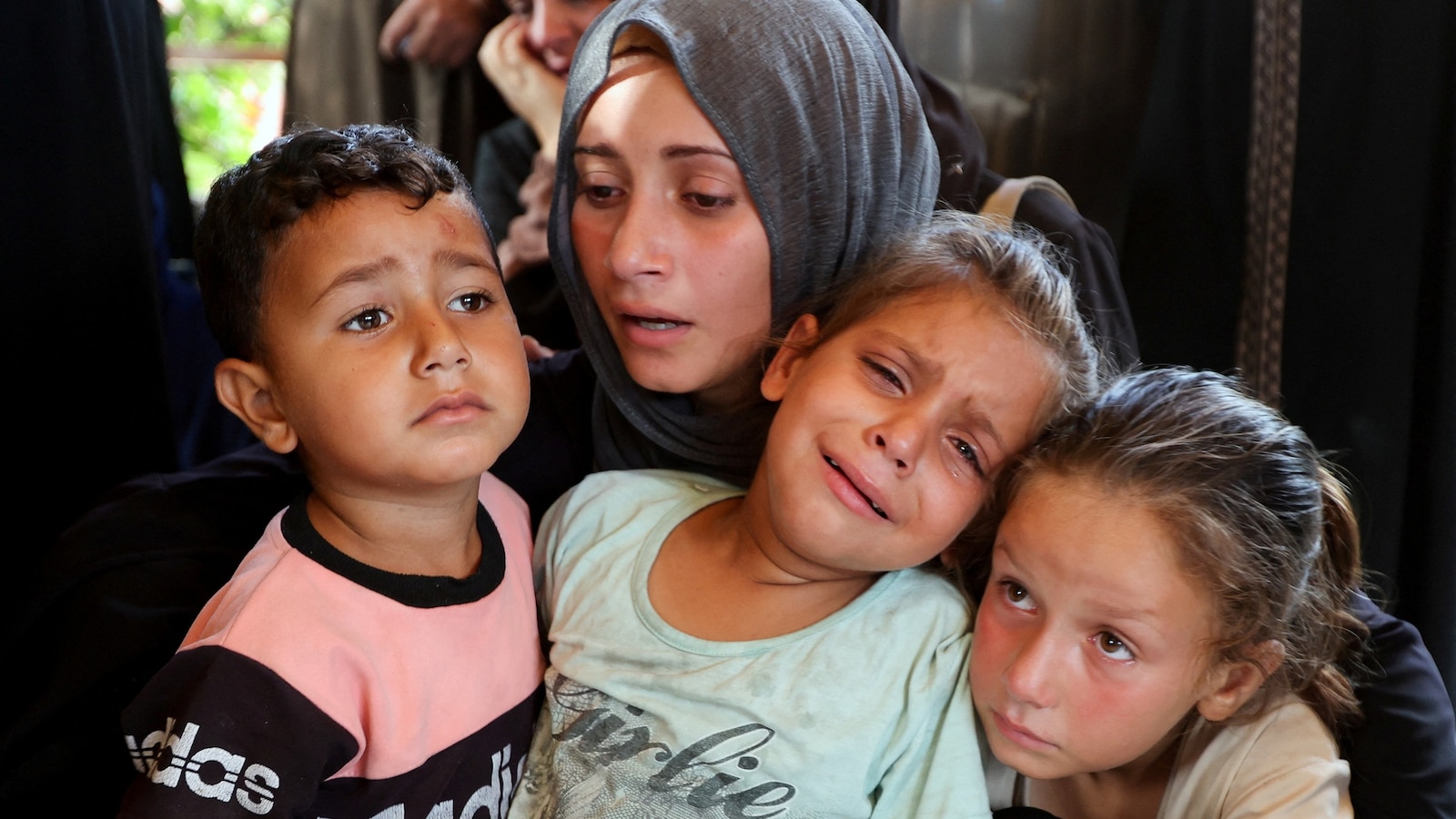T4K3.news
Iranian prisoners report dire conditions after airstrikes
Inmates transferred from Evin prison describe overcrowding and unsanitary living conditions.

Reports reveal Iranian prisoners are enduring dire conditions following their transfer from Evin prison.
Iranian detainees face severe hardships after Israeli airstrikes
Iranian prisoners recently relocated from Evin prison report severe overcrowding and unhygienic living conditions following Israeli airstrikes. The strikes on June 23 caused significant damage, with around 80 reported deaths. Post-attack, inmates say they face inadequate facilities, including a lack of beds and showers, as well as vermin infestations. Human rights groups have condemned these conditions, asserting that they violate international standards. The situation has worsened for political prisoners who now share cells with those convicted of violent crimes, intensifying fears and frustrations among detainees. Families of the inmates describe the conditions as unbearable, leading to growing public outcry.
Key Takeaways
"Despite promises by the authorities, inmates continue to face difficulties including overcrowded cells."
This highlights the ongoing issues of neglect and poor conditions following the transfers.
"Fariba has to live in Qarchak in an overcrowded cell, where it is so cramped that people have to take turns to eat."
This emphasizes the extreme difficulties faced by women prisoners in harsh environments.
"When two states engage in a conflict, people are the ones who pay the price."
This reflects the tragic impact of military actions on innocent civilians and prisoners alike.
"The attack constituted a serious violation of international humanitarian law and must be criminally investigated as war crimes."
This statement from Amnesty International underscores the potential legal repercussions of the air strikes.
The situation for Iranian detainees illuminates broader issues regarding human rights under an unstable political landscape. Families of the prisoners express deep concern over treatment that not only violates humanitarian law but also device tactics of intimidation by mixing political and violent offenders. This systematic approach can undermine the safety of these individuals, as voices of dissent suffer in silence. As international scrutiny increases, the Iranian government faces mounting pressure regarding its treatment of detainees and should be held accountable for its actions. Such developments may further escalate tensions both locally and internationally.
Highlights
- Detainees face inhumane conditions in overcrowded cells.
- Political prisoners are subjected to intimidation tactics.
- Families express horror over the treatment of detainees.
- Basic rights are being denied to vulnerable inmates.
Significant human rights risks following Israeli airstrikes
The treatment of detainees after a military attack raises serious concerns regarding human rights violations. Reports of overcrowding, poor hygiene, and lack of medical care prompt calls for international scrutiny. These conditions could ignite backlash both domestically and internationally.
The stark realities faced by these detainees could push the issue to the forefront of international human rights discussions.
Enjoyed this? Let your friends know!
Related News

Gaza on verge of running out of therapeutic food for children
Israeli airstrikes kill 21 in Gaza as hunger crisis escalates

Negotiations for Gaza ceasefire halted by U.S. and Israel

AFPF journalists warn of starvation risks in Gaza

UN warns of dire hunger crisis in Gaza

28 doctors now detained in Gaza
Starvation crisis worsens among children in Gaza
Israeli strikes and gunfire kill 25 in Gaza
